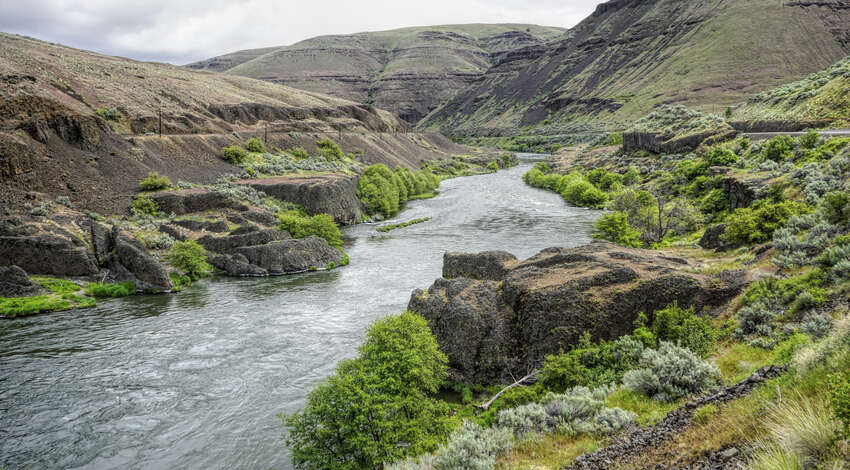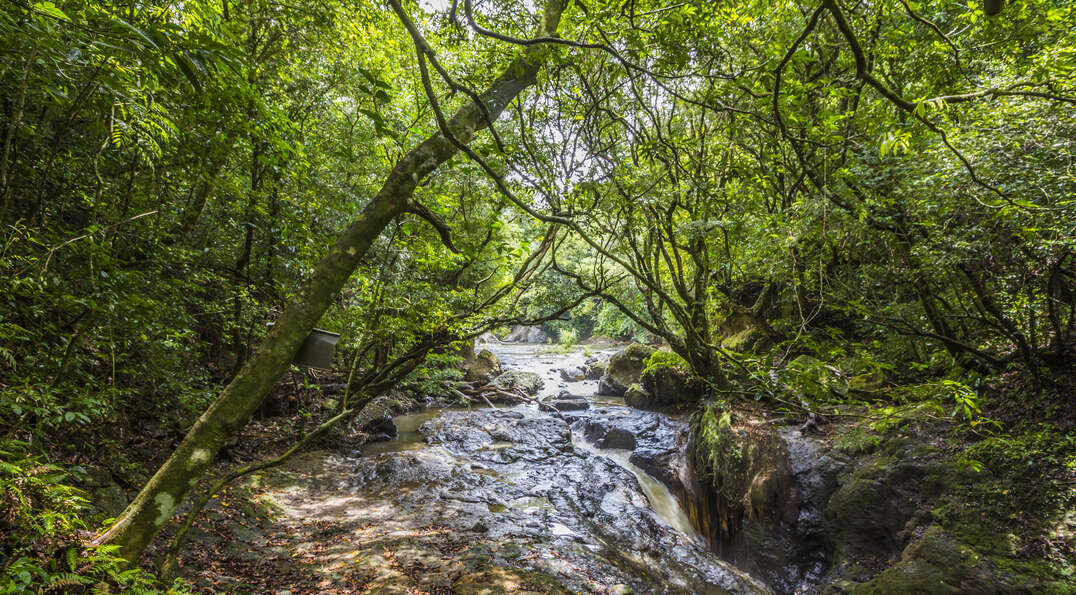A Greener Path, Together: Road Scholar’s July 2025 Carbon Contribution
- Road Scholar invests in high-impact carbon offset and removal projects through partnerships with ClimeCo and Klimate.
- Environmental initiatives include methane-to-electricity projects, forest restoration and plastic removal in Vietnam and Cambodia.
- New efforts in 2025 include water restoration in Oregon’s Middle Deschutes River and long-term carbon storage technologies.
- Road Scholar is committed to reducing the environmental impact of travel through responsible, science-backed sustainability practices.

At Road Scholar, we know travel leaves a footprint. But we also believe in walking with purpose — and that includes making thoughtful, ongoing investments in the planet we all share.
Twice a year, we review and update our carbon contribution portfolio. It’s our way of holding ourselves accountable — not just for the impact travel can have, but for the good it can do, too.
Our longtime partner, ClimeCo, helps us support top-tier carbon offset projects, from capturing harmful methane and turning it into electricity in Massachusetts to restoring forest habitats in the Yucatán. We’re going beyond carbon, too — supporting the removal of ocean-bound plastics in Vietnam and Cambodia through a remarkable initiative called TONTOTON. This project doesn’t just clean up waterways; it creates jobs and fuels local economies. That matters to us.
And this year, for the first time, we’re funding water restoration credits — helping return much-needed flow to Oregon’s Middle Deschutes River, so wildlife, anglers, rafters and local communities can thrive.

Looking Further Ahead
Earlier this year, we also began investing in carbon removal — a next-generation approach to sustainability. Through a partnership with Klimate, we’re supporting innovations that don’t just offset emissions — they lock carbon away for good.
One of those projects, led by Charm Industrial in California, transforms plant waste into a substance called bio-oil, then stores it deep underground. Another, in the U.K., captures carbon by turning it into manufactured limestone building materials. And a third is helping farmers in the U.K. and Ireland adopt regenerative agriculture — storing carbon in the soil while also improving water retention, crop yields and food security.
We know we can’t eliminate the environmental impact of travel altogether, but we can do our part — and we’re committed to doing more each year. Because when we care for the Earth, we also care for the people, cultures and ecosystems that make learning through travel so meaningful.


